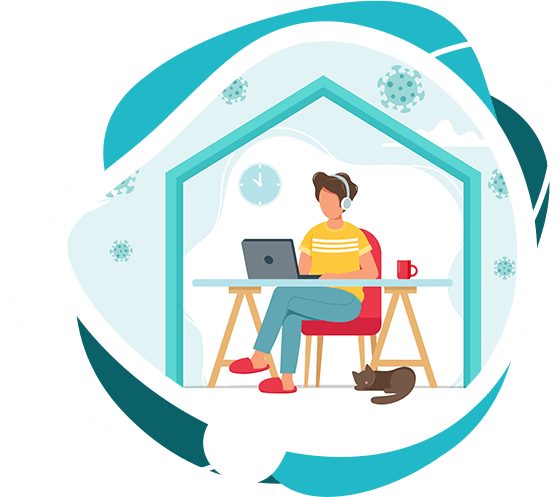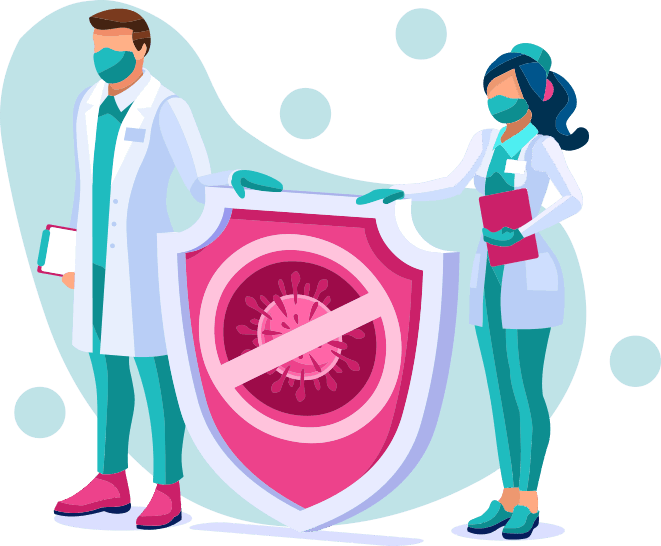About COVID19

COVID-19
COVID-19 is a new illness that can affect your lungs and airways. It's caused by a virus called coronavirus. It was discovered in December 2019 in Wuhan, Hubei, China. Common signs of infection include respiratory symptoms, fever, cough, shortness of breath and breathing difficulties. In more severe cases, infection can cause pneumonia, severe acute respiratory syndrome, kidney failure and even death. Standard recommendations to prevent infection spread include regular hand washing, covering mouth and nose when coughing and sneezing, thoroughly cooking meat and eggs. Avoid close contact with anyone showing symptoms of respiratory illness such as coughing and sneezing.
Coronavirus Syptoms
The Corona virus has symtoms similar to the Flu Virus, if you have any of the symptoms below please seek medical attention
Strong Headache
Dry Persistent Cough
Sore Throat
High Fever
Shortness Of breath
Muscle Pain
Prevention Of Coronavirus
Though the Corona Virus Spreads Quickly, it can be prevented by following the guidelines below.

-
Stay at Home
Stay at home if you feel sick or develop any of the symptoms. To avoid spreading the disease to others
-
Wear a Mask
If you must go out wear a mask to avaaoid contact with the droplets
-
Wash Your Hand
Wash your hands often for at least 20 seconds
-
Well Done Cooking
only eat properly cooked meals

